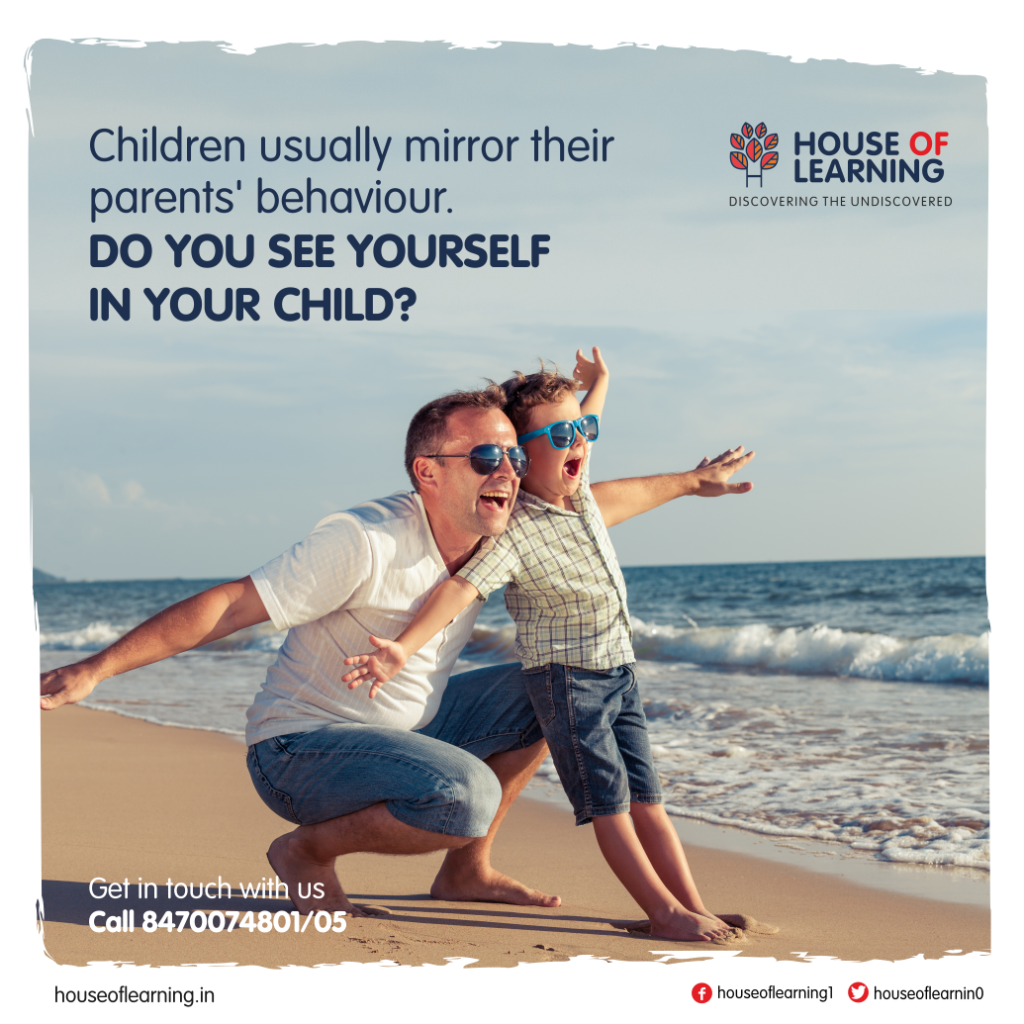Every so often, I hear complaints from parents about their children’s behaviour. I, too, have not been immune to complaining about my children. But what I have come to realize is that this complaining on our part is not so much an issue of our children’s behaviour or mental state, rather it’s an issue of our limitations.
Parents often deliberate over how their children are impatient, discussing how they refuse to wait for anything that doesn’t serve their own purpose and happiness. However, this makes me think about how we don’t teach them to be patient. How we, ourselves, sometimes have been impatient with our children and fail to realize that they’ve learned to be impatient from us. Do we constantly demand that they follow our instructions as we tell them to? Do we demand that they should do what we say immediately?
By coaching parents and helping them understand, by asking the right question, we can help create a roadmap towards creating a shift in the parents’ behaviour and subsequently create a shift in the children’s life and behaviour too.
As parents, teachers and caregivers, we hold positions that highly influence a child’s development. Therefore, it’s important for us to understand and determine the channels through which children receive information that designs their behaviour or that which leads to behavioural change. This information can help ascertain why children behave the way they do and how we can help aid their growth and development.
If a child’s internal representation system is diagnosed, it can become a wonderful tool for empowering educators and parents to present their language in a way that helps them reach the child effectively. By understanding how children perceive the world, we can aid the development of a rapport that helps with the creation and innovation of a child’s life and also the life of the people around that child.
However, this process is best started at an early age. The early years of a child are the formative years and they are critical in shaping the child’s development. That being said, there are ample case studies that validate how an ecosystem designed by an adult impacts the child’s neurology.
To get a better reference on how children behave and what we, as adults, do to influence their behaviour, we can think about how we behaved when we were young children. By understanding what we did and why we did it, we can paint a clearer picture about why our children behave the way they do, while considering our impact on their behaviour. Children learn from their parents, but parents aren’t always aware of what they are teaching their kids. It’s not just our words, our actions and behaviours can be learned as well.
So, the next time you think about how your child is behaving badly, try considering why that is and what you could have done to cause it. We need to be better role models for our children. At House of Learning, we help parents see the bigger picture of their child’s development. To take a look at everything that influences your child’s development, get in touch with us.





Leave a Comment